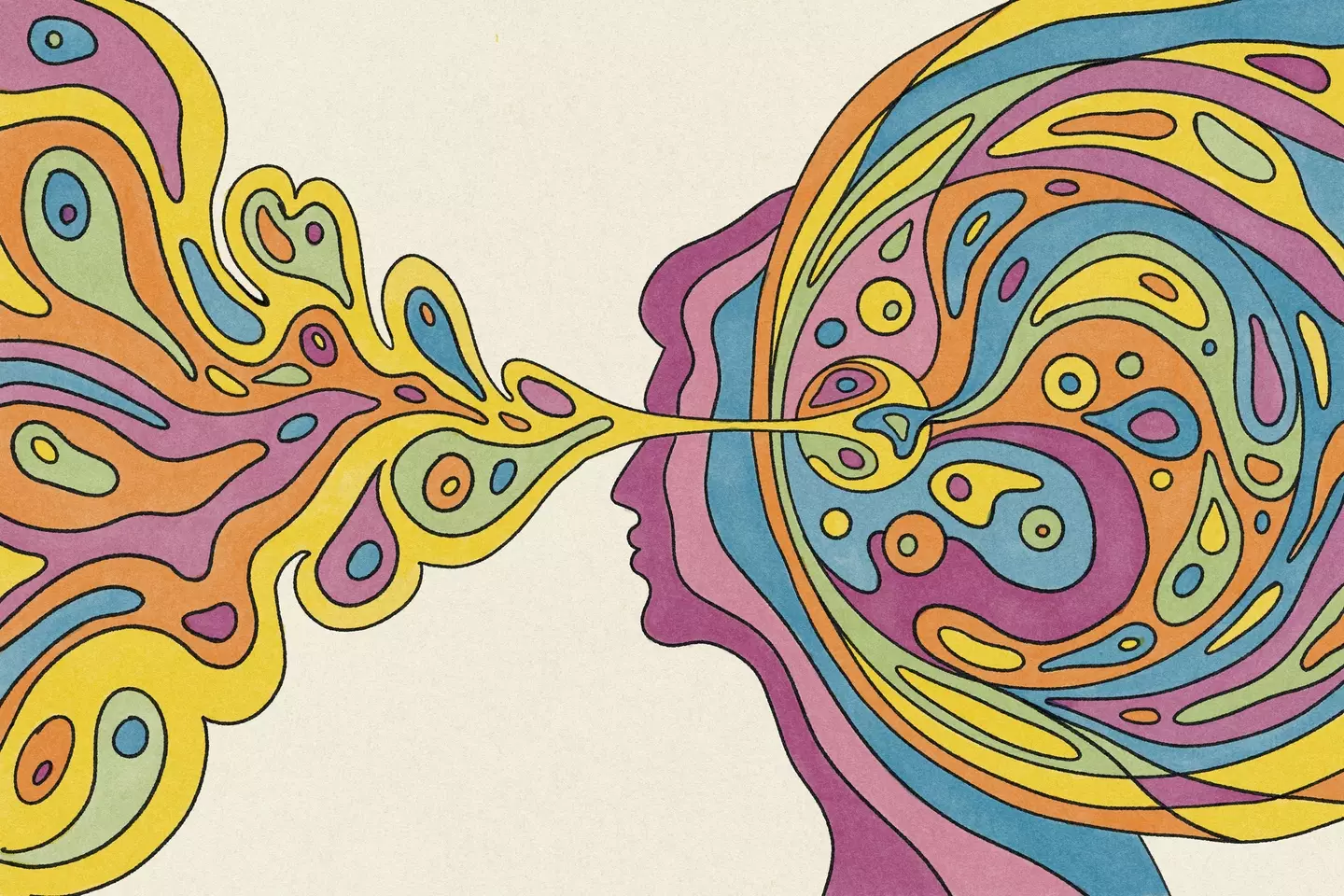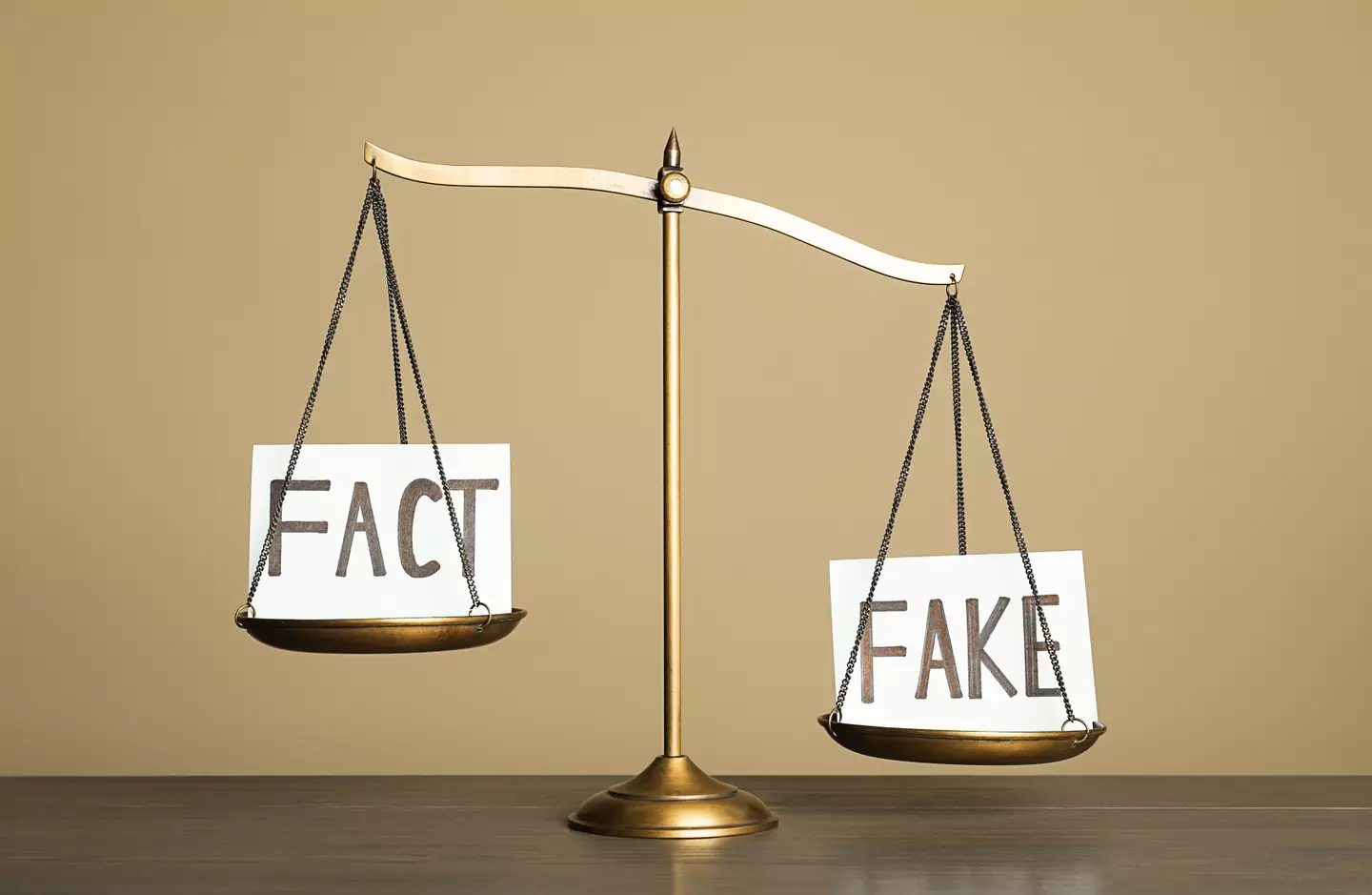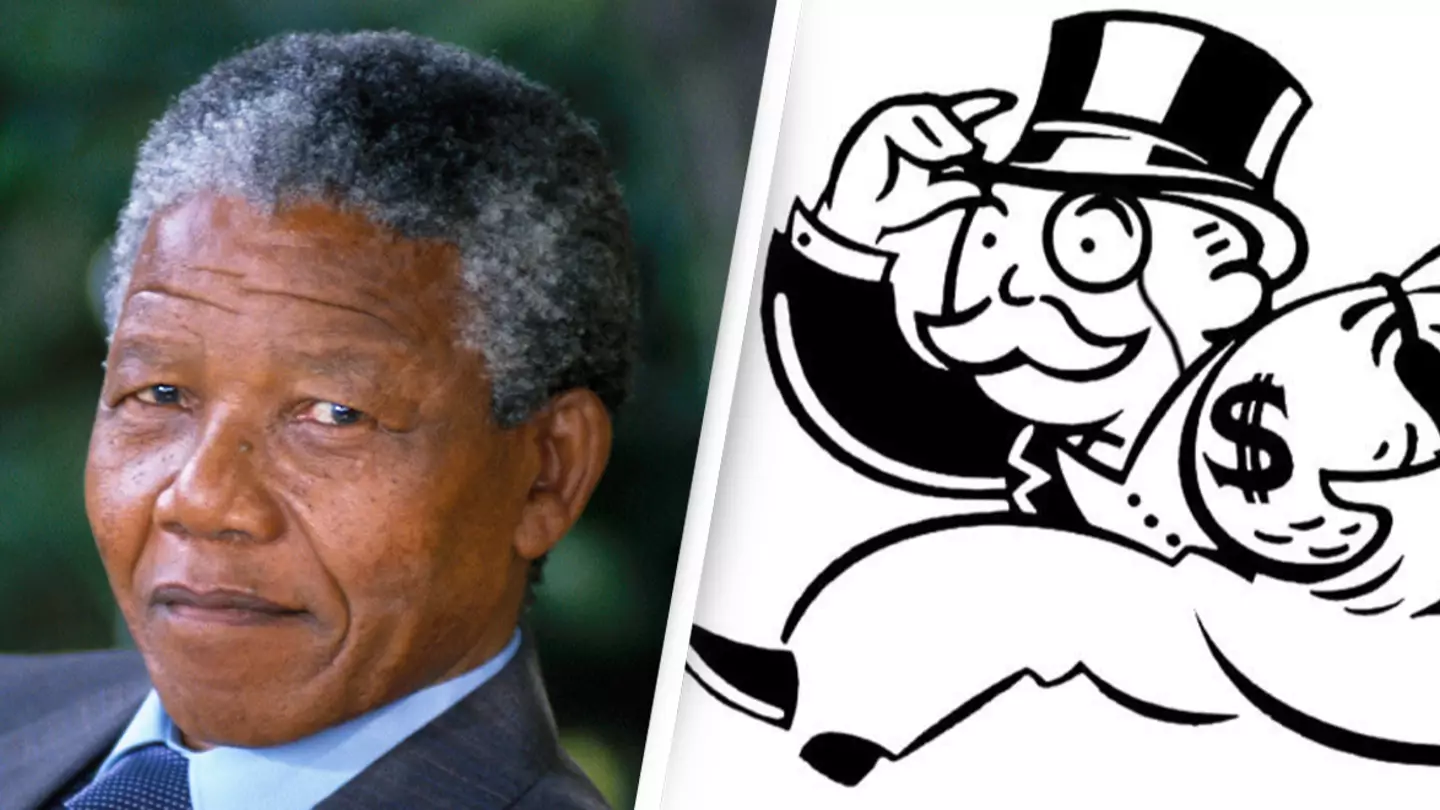Instances of the ‘Mandela Effect’ have led individuals to question their own reality.
We often believe that our recollection of the past is objective and thoroughly reliable, right?

Actually, no – and it’s rather disconcerting.
Not only is memory far less dependable than we might assume, but our perceptions of it might even evolve over time as the distance from a memory increases.
Therefore, something you believe you remember clearly might not have occurred that way.
This idea is unsettling when considering how crucial our memories are in shaping our identity and understanding the world.
Having ‘inaccurate’ memories is fairly common and can happen for various reasons, such as blocking out a traumatic event.
The Mandela Effect, however, occurs on a larger scale.

Indeed, you read that correctly.
It might seem trivial for an individual or a small group to have inaccurate memories of an event.
But with the Mandela Effect, we’re discussing a large number of people sharing the same false memory.
The phenomenon is named after a widespread false memory of former South African president Nelson Mandela dying in prison during the 1980s, even though he lived until 2013.
There are many other examples in imagery and titles.
For instance, it’s not Loony Toons but Looney Tunes, not Fruit Loops but Froot Loops, and not Cheez-Itz but Cheez-It.
Other examples include that the Monopoly man didn’t have a monocle, and Pikachu never had a black stripe on the end of his tail.
Another confusing Mandela Effect was that The Fruit of the Loom logo never had a cornucopia in it.
And the shoe brand Skechers never had a letter ‘T’ in it.
Following a thread of Mandela Effects shared on Twitter, many people were left baffled, convinced that many were true.

One person joked: “Trippy – we must be in a simulation.”
Another commented: “It’s too Monday for this level of screw my brain sideways. Apparently I’m from another dimension.”
A third simply said: “Mandela effects blow my mind.”
The exact cause of large numbers of people misremembering something is unclear.
Some theories suggest that these mass false memories could arise from similar cognitive factors shared among different groups, including the social reinforcement of incorrect memories.
Other explanations could involve memories based on false or inaccurate news reports that people have internalized.
Regardless of the cause, it’s a stark reminder of how flexible our perception of the world around us can be.

